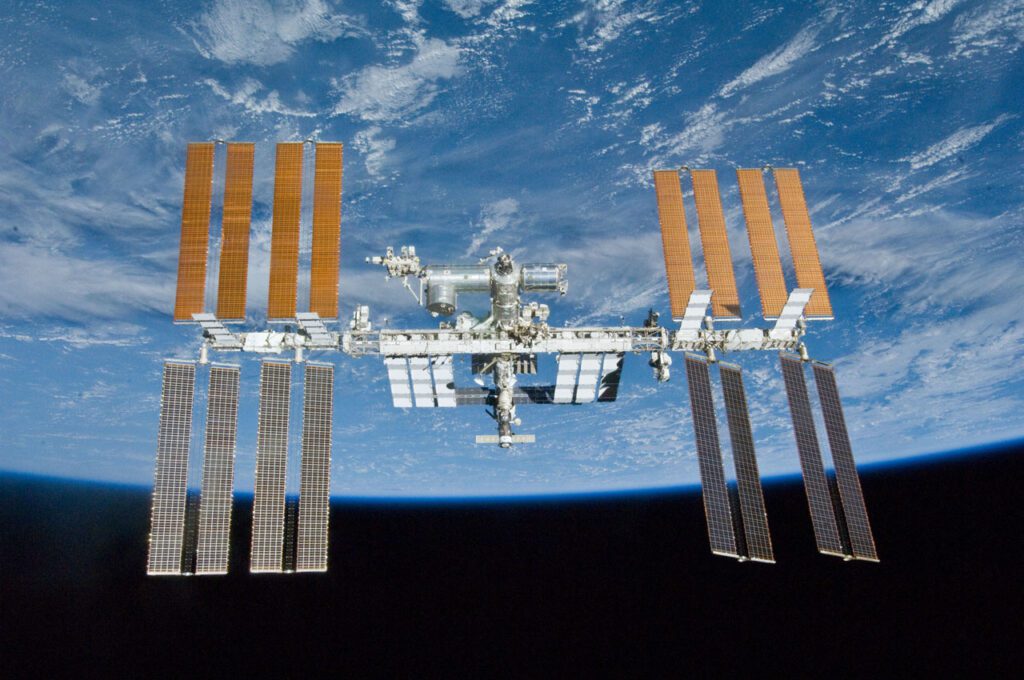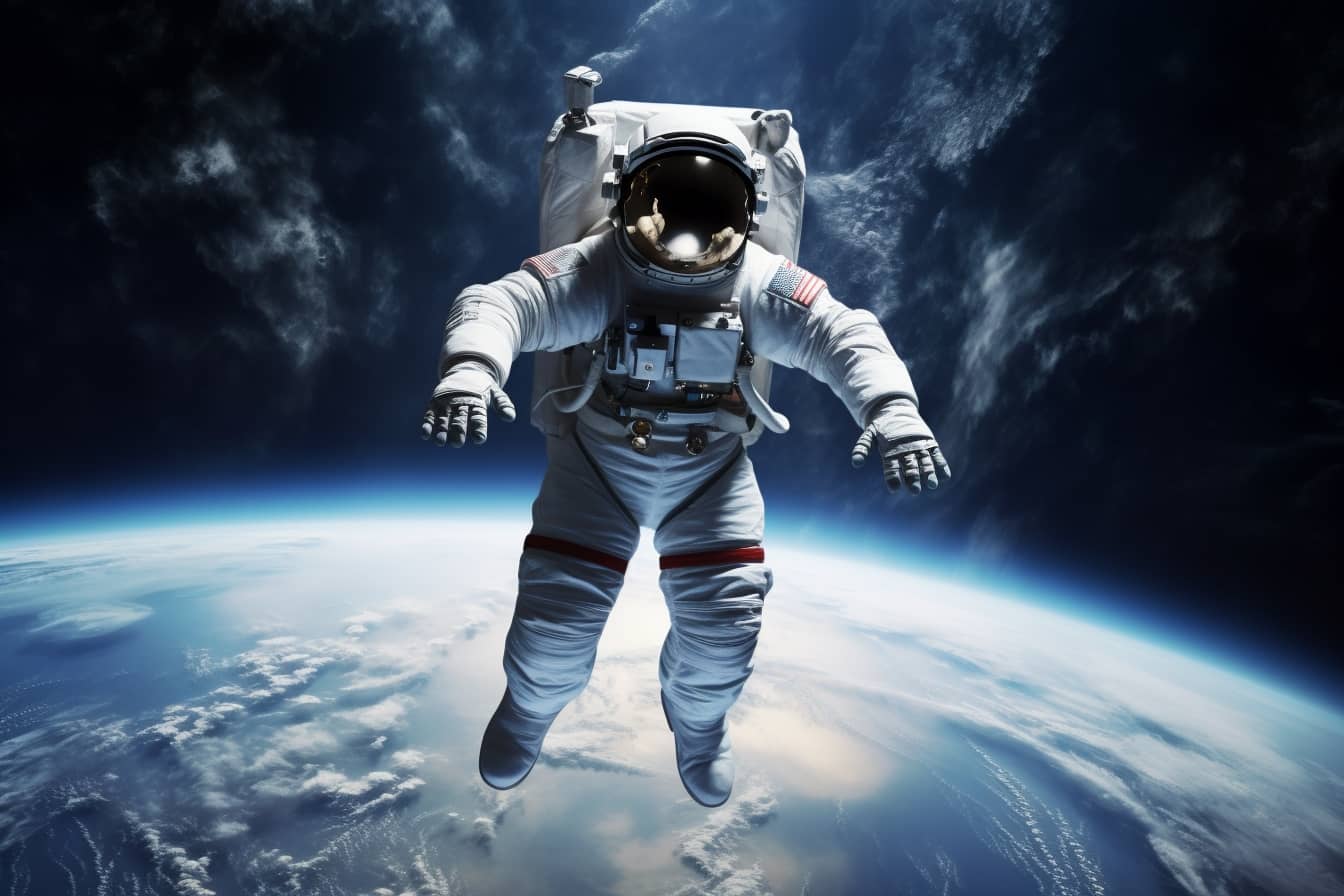For years, research has focused on understanding the consequences that can affect the body of astronauts during a space journey, especially on our immune system. A recently published studyI link it here) gives us some unexpected answers.
The international and multidisciplinary study showed that space travel can significantly influence the activity of genes in white blood cells, which are essential for the immune system. In short, our body is not at all happy to find itself floating in the middle of nowhere.
Microgravity puts the immune system on standby
The research team involved 14 astronauts who spent 4 to 6 months aboard the International Space Station. They found that gene expression in leukocytes, the white blood cells, declines rapidly once they reach space, then returns to normal not long after returning to Earth.
Findings that help us understand why astronauts are more susceptible to infections during flights. A weaker immune system increases the risk of infectious diseases, limiting astronauts' ability to do their demanding work in space.

A closer look at the body's defensive cells
WBCs, produced in the bone marrow and frequent travelers in the bloodstream and tissues, detect invaders from the body, such as viruses or bacteria, and produce antibody proteins to attack the pathogen. Specific genes drive the release of these proteins.
The researchers examined leukocytes isolated in blood taken from astronauts, 11 men and 3 women, belonging to the Canadian Space Agency and NASA. They found gene expression in as many as 247 genes in leukocytes it was about a third normal levels while in space.
A look to the future: the search for countermeasures
Discovering altered gene behaviors in leukocytes represents a significant step towards understanding the dysregulation of the human immune system in space. This altered behavior may result from a phenomenon called “fluid shift,” in which blood, in the absence of Earth's gravity, is redistributed from the lower to the upper part of the body. The researchers do not believe that increased exposure to solar radiation in space is the cause.
Immune system problems in space were already known to science, but the specific mechanisms remained a mystery. These new discoveries open the way to possible solutions that minimize health risks for astronauts. As one study author pointed out, “New and specific countermeasures will be needed.”
Afterwards, space will be (a little) less hostile.


